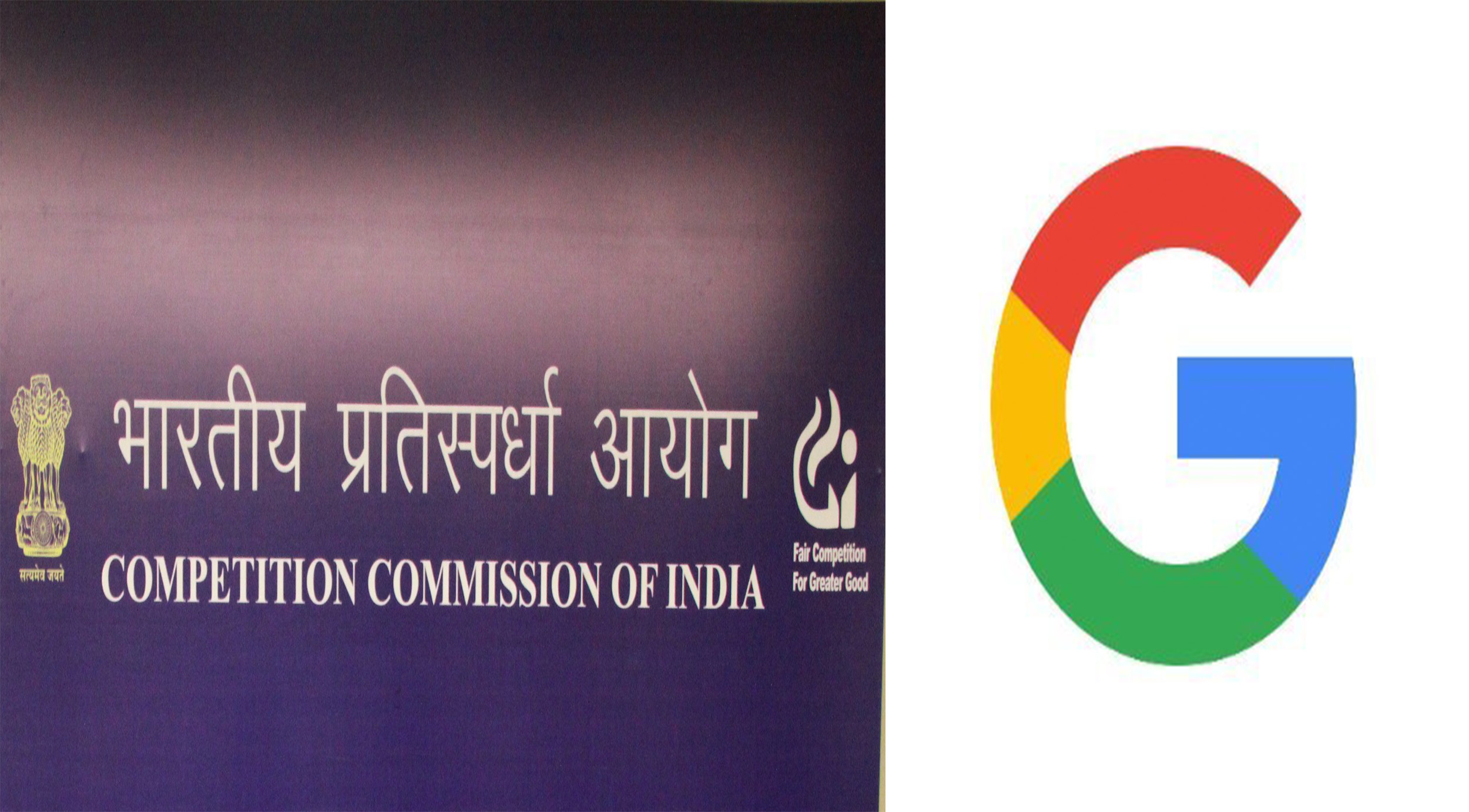The Competition Commission of India (CCI) fined Google Rs. 936.44 crore on Monday for misusing its dominant position with regard to its Play Store policy. The Commission also gave Google a deadline by which to change its behaviour.
Case Nos. 07 of 2020, 14 of 2021 and 35 of 2021
CCI imposes a monetary penalty of ₹ 936.44 Crore on Google for anti-competitive practices in relation to its Play Store policies.
Read the full order here: https://t.co/GDR820ffYg
Press release: https://t.co/7HEPJeHVK3#Antitrust pic.twitter.com/TbTa6vbCXl— CCI (@CCI_India) October 25, 2022
App stores are required for app developers to distribute their programmes to end users, and the availability of app stores is closely related to the operating system (OS) that is preinstalled on a smart device. In India, Google’s Android OS has successfully reaped the benefits of indirect network effects. The Android mobile ecosystem’s primary software distribution channel is Google’s Play Store, which enables its owners to profit from the apps that are released to the market.
The CCI found Google to be dominant in the markets for licensable OS for smart mobile devices and market for app stores for Android smart mobile OS, in India.
Selling of in-app digital goods is an important means for app developers to monetize their creations or innovations. However, for in-app digital goods to be distributed to purchasing users, developers must configure their apps so that all purchases of the digital goods go through Google’s payment system, which processes the transactions.
Google’s Play Store policies require the App developers to exclusively and mandatorily use Google Play’s Billing System (GPBS) not only for receiving payments for Apps and other digital products like audio, video, games distributed through the Google Play Store but also for certain in-app purchases. Further, app developers cannot, within an app, provide users with a direct link to a webpage containing an alternative payment method or use language that encourages a user to purchase the digital item outside of the app.
The Play Store will not allow app developers to list their products if they do not follow Google’s guidelines for using GPBS. As a result, they will miss out on a market of prospective clients in the shape of Android users.
It is unfair, arbitrary, and lacking in any real economic reason to need GPBS usage in order to access the Play Store for premium apps and in-app purchases. The inherent option to choose a preferred payment processor from the open market is taken away from the app creators.
The CCI has also looked into claims that competing UPI apps were not included as viable payment options on the Play Store. While other UPI apps can be employed with collect flow methodology, it was noticed that Google Pay has been coupled with intent flow methodology.
The CCI noted that there were inconsistencies and wide disclaimers in presenting various revenue data points by Google. However, the CCI quantified the provisional monetary penalties on the basis of the data presented by Google. Accordingly, the CCI imposed a penalty @ 7% of its average relevant turnover amounting to Rs. 936.44 crore upon Google on a provisional basis, for violating Section 4 of the Act. Google has been given a time of 30 days to provide the requisite financial details and supporting documents.

